What are the best ways to educate children about environmental protection? For Gunter Pauli, the answer is through fables.
An economist and ecological activist known for his book "The Blue Economy," Pauli has written more than 200 fables inspired by what is happening in nature for Chinese children.
At a launching ceremony of a national competition for young Chinese students on environmental protection innovations, Pauli was invited as an online speaker to share his pedagogy of learning with the arts.
"The best way of expressing something for a child would be through the arts, be it a dance, drawing, or a song, but we need to have this unique capability to express ourselves through art," said Pauli.
The competition, co-organized by the Center for Environmental Education and Communications (CEEC) of the Ministry of Ecology and Environment (MEE) and the Beijing Huanding Environmental Big Data Institute, encourages Chinese youngsters to express their ideas on environmental protection via drawings, poems, videos, and inventions.
"Schools play an important role in raising the society's environmental awareness, equipping people with the knowledge and skills to better participate in environmental protection deeds," said Jia Feng, director of the CEEC.
China has been carrying out nationwide campaigns to raise environmental awareness among its citizens as part of broader efforts to advance green development and meet its grand goal of peaking carbon dioxide emissions before 2030 and achieving carbon neutrality before 2060.
In an action plan released in February by the MEE and other five government departments, China clarified the role of different entities in the society to realize a "beautiful China."
Enterprises should fulfill their environmental and social responsibilities while exploring innovative and sustainable business models, the plan said, adding that the country will step up support for non-profits conducive to the country's environmental governance.
As a non-profit, the Beijing Huanding Environmental Big Data Institute applies advanced technologies, including artificial intelligence, for environmental purposes and guides the younger generation to participate in environmental actions.
The competition the institute initiated has seen many outstanding works by elementary school students across the country, including drawings and poems addressing the heated topics of climate change and biodiversity losses.
Hu Qing, a professor with the Southern University of Science and Technology and head of the institute, said that the competition is also open to international students, as exchanges among the youngsters are crucial for the future of global environmental governance.
"By 2030, these Chinese youngsters will grow into the pillars of society. Their actions will guide their schools, community, and the whole society to contribute to the low-carbon goals," Hu said.








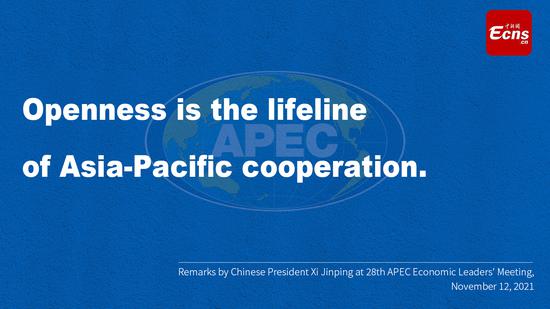


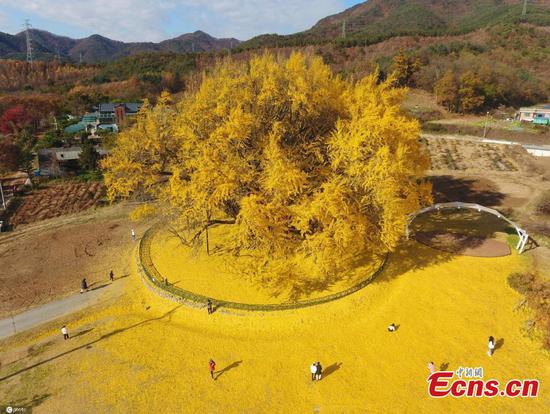






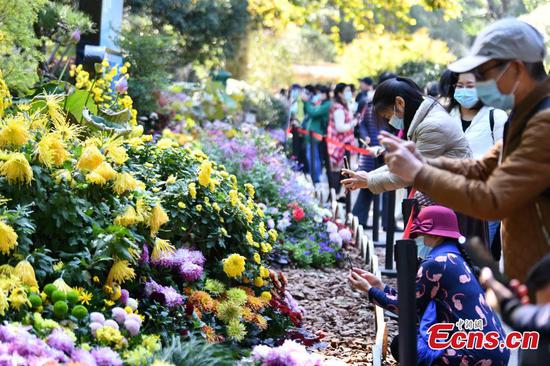
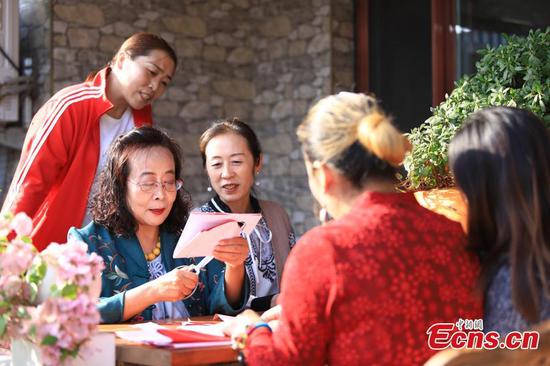

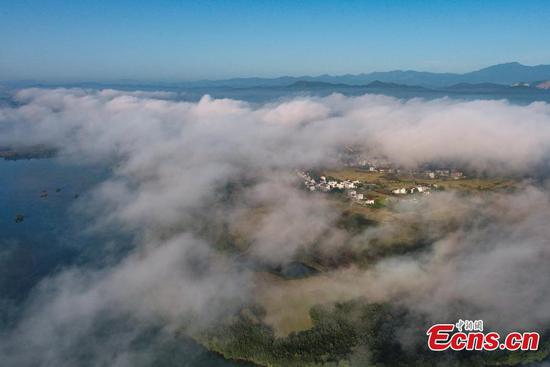
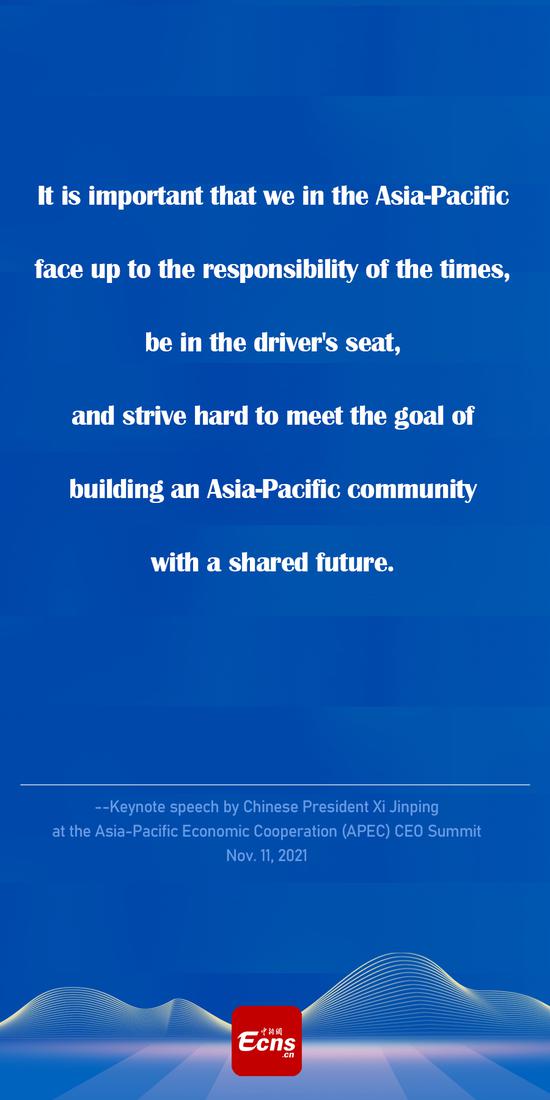

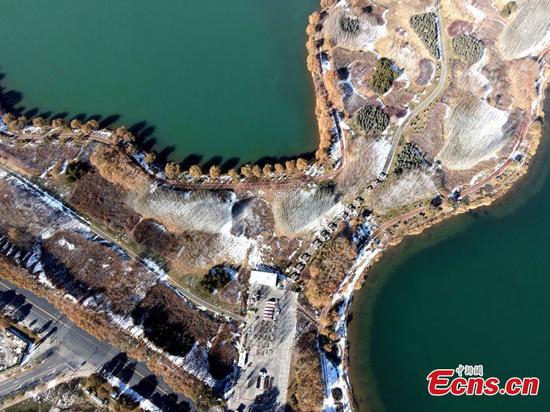












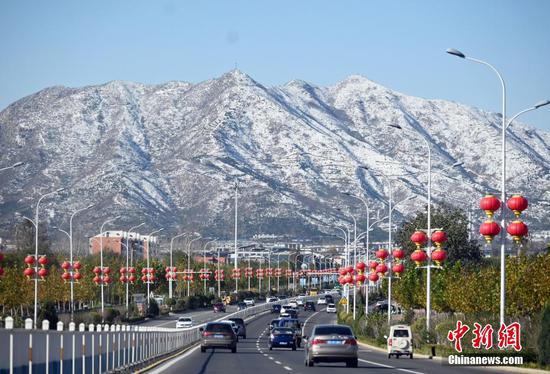






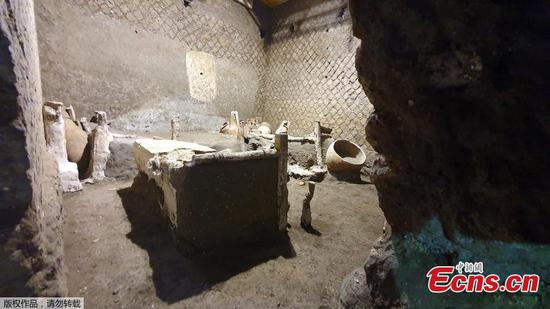





 京公网安备 11010202009201号
京公网安备 11010202009201号